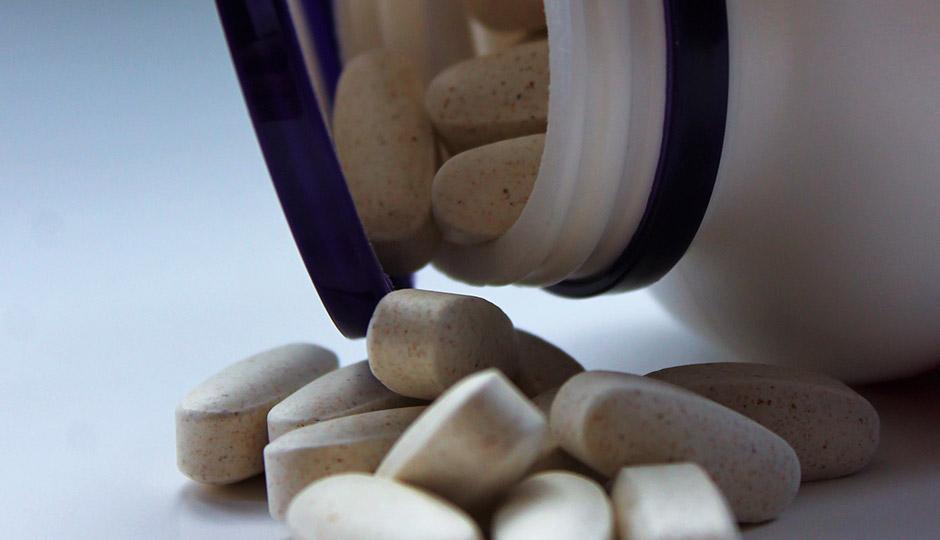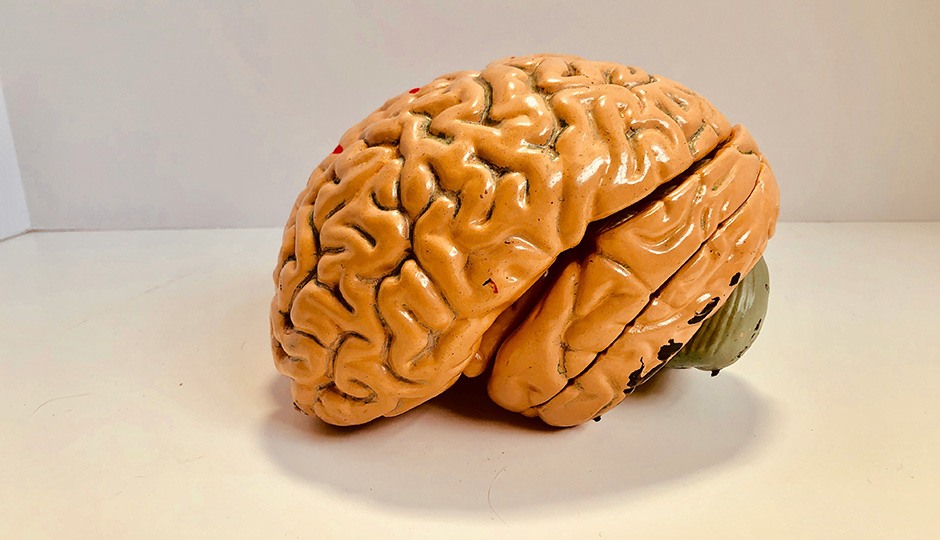There’s a common misconception about nutrition. The conventional wisdom is that you should be able to get all your nutrients just from eating a balanced diet; that if you practice good nutrition, you’ll optimize your health, with nothing further needed.
And to an extent, that’s true enough. Good nutrition should be sufficient. Sadly, though, it’s just not. In today’s world, eating a balanced diet may help you avoid vitamin deficiencies, but that’s not quite the same thing as optimizing your health.
We believe that good nutrition is integral to healthy living. We just don’t think it’s enough. We also think supplements are necessary—and we’ll show you why.
It Starts with Soil
For starters, good nutrition just isn’t what it used to be. That’s because fruits and vegetables themselves aren’t what they used to be. A carrot grown today doesn’t have the same nutritional value as a carrot grown 100 years ago. The culprit here is soil.
The condition of our soil is constantly changing. As far back as the 1920s, surveyors found that U.S. soil didn’t have the kinds of nitrates needed to produce truly nutrient-rich fruits and vegetables. Little has been done to improve soil quality in the meantime. In fact, farmers have started adding chemicals to the soil, which may make for bigger crops but not necessarily for healthier ones.
The bottom line: Today’s soil has largely been depleted of vital nutrients, just as it has been loaded up with pesticides that have toxic effects on the body. That’s a bad equation for our health.
Toxins Everywhere
And that brings us to the next problem: We live in a world where toxins are everywhere—in the soil, in the air, in the water. These toxins create a destructive oxidative environment inside us—and oxidative stress is one of the leading causes of accelerated aging!
The only way to fight this oxidative stress, as caused by the toxins permeating our world, is through antioxidants. In theory, we could get antioxidants from good eating, especially from dark-colored fruits and vegetables. Sadly, this brings us back around to our deteriorating soil quality, and to the simple fact that our crops don’t come packed with the kinds of antioxidants they ought to.
Food alone cannot fight oxidative stress—so what can be done? The answer lies in supplements. A supplement course that is rich in antioxidants is the best and only way to combat the toxins around us, and to recoup the nutritional benefits we are losing from subpar crops.
Getting Started with Supplements
There are a number of supplements that can offer this rich antioxidant content—foremost among them Vitamin C, Vitamin E, and plant-based supplements such as blueberry and pomegranate. To learn about the ideal supplement course for you, it’s best to talk with a trained LongevityMed professional.
But how much do you really need? It’s important to realize that the recommended daily allowance for any particular vitamin is not going to be enough to optimize your health. Taking the daily allotment of Vitamin C, for instance, will put you somewhere in the vicinity of 100 mg—enough to prevent you from developing scurvy, but not enough to give you truly robust health or to stop the oxidative stress process.
When you increase that dose to 500 mg, though, you start getting enough to provide rich antioxidant effects, boosting your immune system, improving cardiovascular health, and more.
Again, the way forward is to speak to a LongevityMed professional about the doses ideal for you. Schedule your consultation to start your own journey toward vigorous health.




